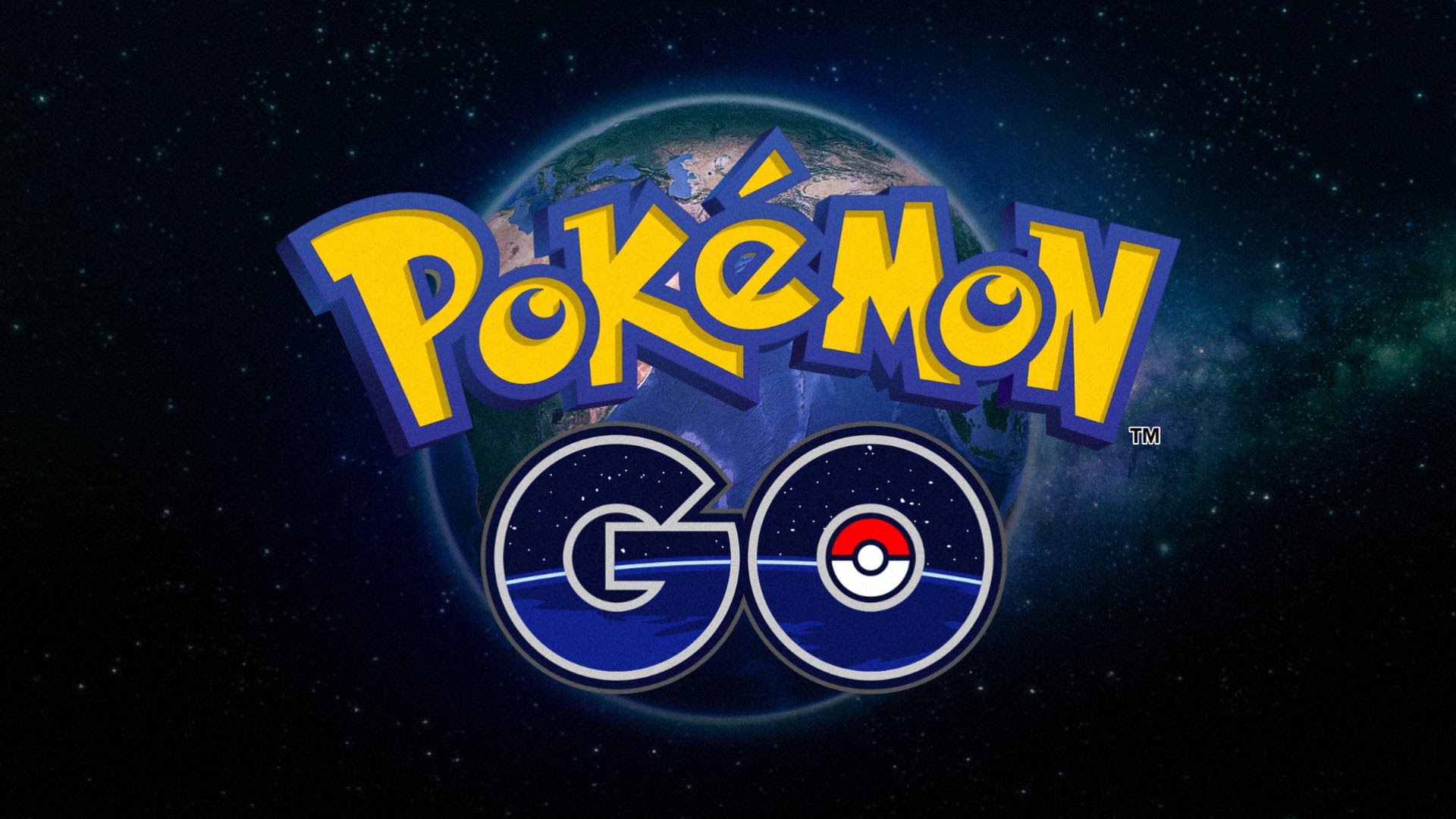
Digital natives, immigrants and dinosaurs – which are you?
The concept of natives, immigrants and dinosaurs is one that’s very close to our hearts. We came across this brilliant article on the topic in the Lombard Insurance internal newsletter…
By Lynda Gouveia
Never before have we had so many generations in the workplace at one time. Largely because people are living and working longer, we have a range of ages in the workplace and this is as true for Lombard as it is worldwide. The age of our team ranges from 23 to 71 – that’s just short of four generations…with another generation soon to enter! This has implications for how we view the world, how we interact, what engages us and what drives us.
So, our generation span the Silent Generation, Baby Boomers, Generation X and Millennials or Gen Y, and soon to enter the workplace is the itouch generation or Gen Z.
But, there’s another way to view these generational differences – are you a digital native, a digital immigrant or…a digital dinosaur? These are not necessarily, but may be, aligned with the generations listed above, but are also about how you’ve taken to the rapidly changing digital and technological world. So, ask yourself, which are you?
Digital natives – these are the people who have never been without technology and are not scared of it. They literally do not know a world without technology. They take it in their stride and are not nervous to play around until they discover how it works. Digital natives have always had computers and devices. They have never known a world with typing pool or without email, and they have never had to wait for the post to be delivered. They have never used carbon paper, a typewriter or a Filofax! They think that CDs are old school and have never even used an audiotape, never mind an LP.
These are our typical teenagers and young adults today, whose lives are ruled by Snapchat, Instagram and YouTube videos. They follow celebrities on Instagram as they do their school and varsity friends, and refer to Ronaldo, Kim and Kanye as if they were personal friends. They will message with a person sitting next to them and would rather sit in their bedroom on a Saturday night talking to 20 people on WhatsApp than go out and visit one or two friends. A couple of hundred WhatsApp messages in an hour or two is not unusual!
They will hesitate before picking up the phone to ask someone a question, though, and would rather wait for an electronic response – a strange notion in a world of instant gratification and instant messaging.
Status and self-esteem are impacted by tags and likes, with Facebook being regarded as “for parents and the older generation”. Information is instant and accessible, anywhere anytime and the best present you can give them is free Wi-Fi. It’s the world according to Wiki or Google.
They also understand that the cloud is not only the white, fluffy thing in the sky.
Digital natives see the real and virtual world as the same. A new world for sure, but this is what mobile technology has done. Digital natives were born into it, know no different and cannot understand what all the fuss is about.
Then you have the digital immigrants – those of us who grew up with (or before) dialling telephones, fax and ‘roneo’ machines, typewriters (a golf ball typewriter was high tech), microfiche, encyclopaedias, libraries, Commodore 64 TV games – and possibly even a world pre TV!
We have migrated to technology, moving from the brick-like phones of the 90s with the long aerials and back-up battery that had its own bag! We used MS DOS-based computers and dot matrix printers. Ours was world before the internet and email, a world where if you needed to speak to someone you either posted them a letter (horror of horrors!), or you telephoned them!
But we’ve migrated and have become really attached to our smart phones, tablets, GPS, Fitbits, emails and WhatsApp groups. We might still feel a bit apprehensive until we master the latest update or app or feel comfortable using the cloud. Generally, though, we feel quite proud of how we’ve mastered technology. The impact of device use is a subject all of its own in terms of the impact on eyesight, lack of sleep and disconnectedness, but for now let’s just say that technology has truly changed our lives for the better. We can work anytime, anywhere. We can be in touch always and have the information we need at the tips of our fingers. Life is faster, busier, more overloaded, harder at times, but practically, infinitely easier!
And then, you could say that we have the digital dinosaurs. They’re scared of technology; it stresses them out. They come from the industrial age where you could break machines if you did something wrong – and so they are afraid they will break their devices. They may not even use the basics – no email, no Wi-Fi, no WhatsApp or Facebook, never mind anything more technically challenging. And if they do, it doesn’t come naturally.
So, which are you?
In the tech-savvy world we live in, the pace of change is rapid. It is expected that in the next few years, everything will be mobile and app-driven. The problem is, because everything is changing so fast, if we do not keep up with the pace of change, we may never catch up again.
Robotics, artificial intelligence, virtual reality, drones, holograms, cloud computing, big data, 3D printing, nanotechnology, globalisation, disruption, innovation and rapid change…these are all terms that may sound foreign to you. But this is our future and the future is now. It’s time to get to grips with what these terms mean.
It’s time for the dinosaurs to listen to the natives! Be open to change. Embrace it, engage with it…and your life will really be a whole lot better.






